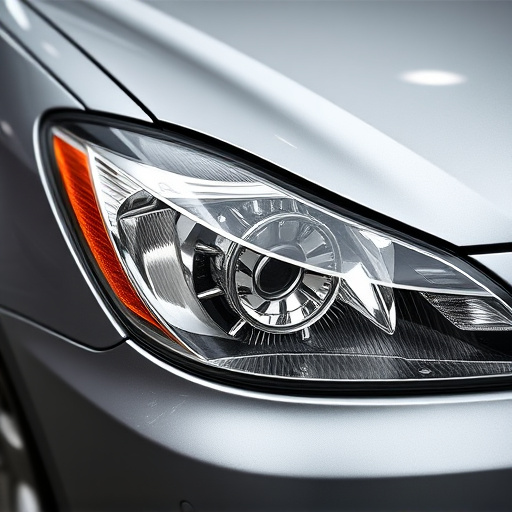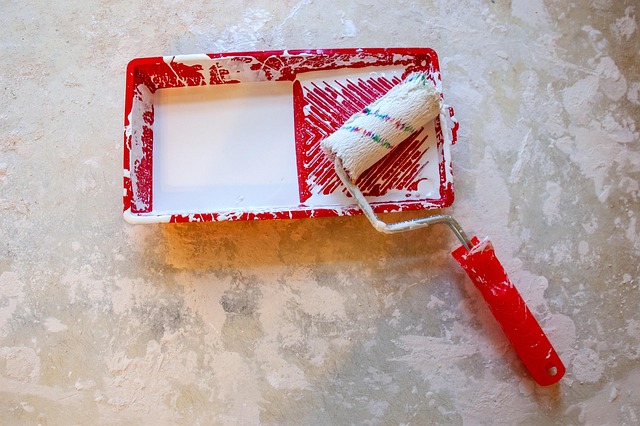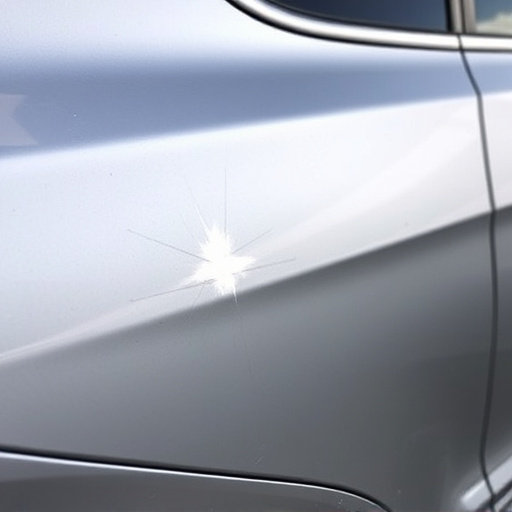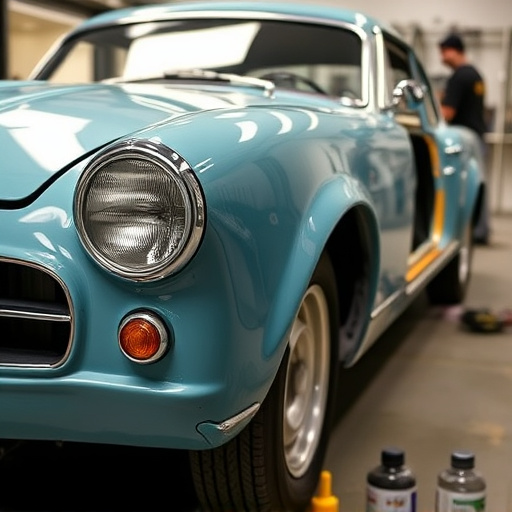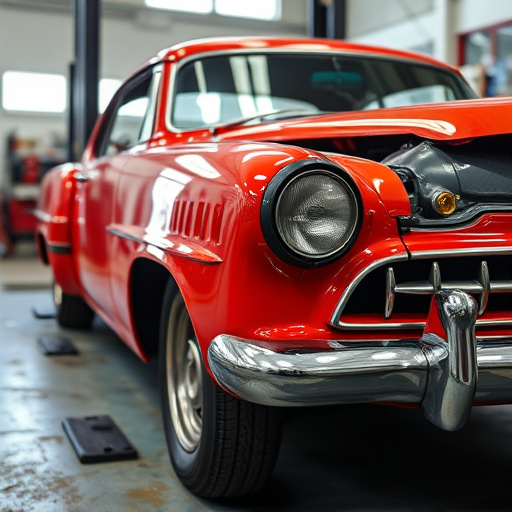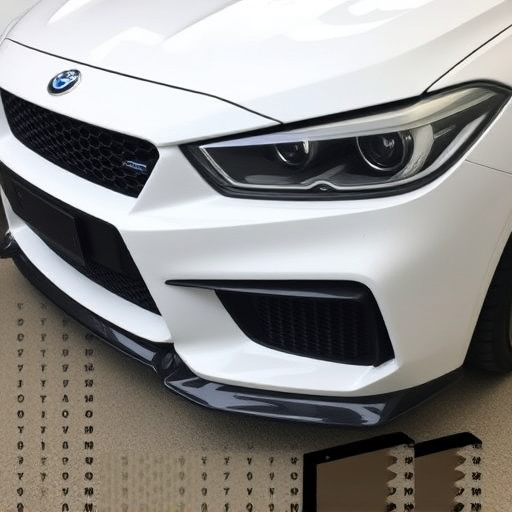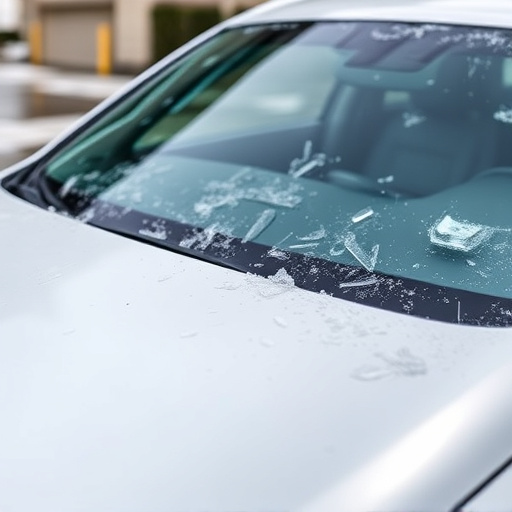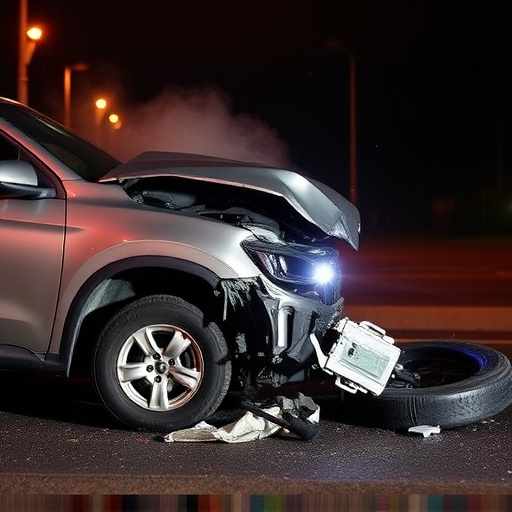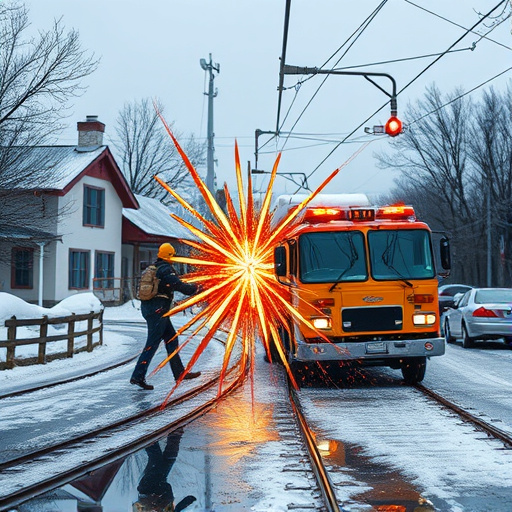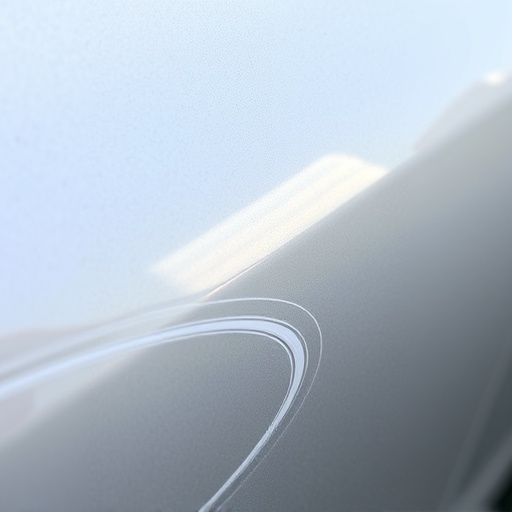Choosing between DIY dent repair kits and professional services hinges on damage severity, tools, and expertise. While DIY kits offer cost savings and accessibility, professionals use specialized equipment like pneumatic dampers for faster, more precise repairs, ensuring virtually undetectable results with high-quality paint matching your vehicle's original finish. For minor dents, DIY kits are suitable; however, complex or deep damages require professional techniques that preserve the original factory finish.
“Uncover the battle between DIY dent repair and professional services—a crucial decision for restoring your vehicle’s aesthetic. This comprehensive guide compares the effectiveness of DIY kits versus the precision of professional tools, delving into efficiency, results, and cost. From the convenience of at-home repairs to the expertise of trained technicians, we navigate the landscape of dent repair techniques, helping you choose the best path to a flawless finish.”
- DIY Dent Repair vs Professional Tools and Equipment
- – Overview of DIY dent repair kits and tools
- – Comparison of professional dent repair equipment to DIY sets
DIY Dent Repair vs Professional Tools and Equipment
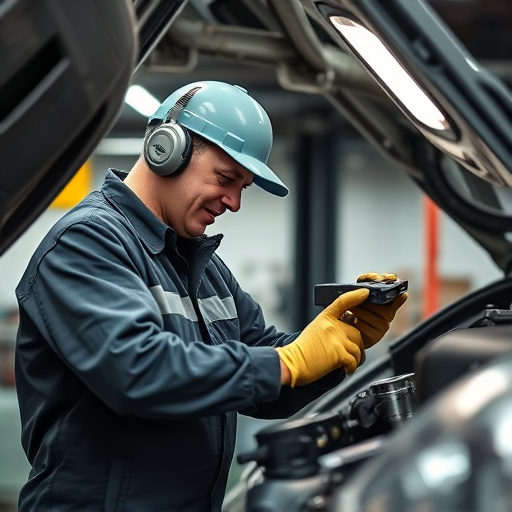
When it comes to DIY dent repair versus professional techniques, one of the most significant differences lies in the tools and equipment used. While many DIY enthusiasts opt for at-home kits that include a variety of putty knives, sandpaper, and filler compounds, professionals have access to specialized tools designed specifically for dent repair. These tools range from pneumatic dampers and plastic hammers to precision paint guns and advanced sanding equipment. This professional arsenal allows for more precise, faster, and effective repairs.
Professionals also benefit from years of experience and training, enabling them to handle even the most complex car damage repair situations. They can access a wider array of materials, such as high-quality paints and primers that perfectly match your vehicle’s original finish. This expertise translates into seamless auto collision repair results, ensuring your vehicle looks virtually untouched by previous dent repairs. In contrast, DIY methods often leave visible traces or may not achieve the same level of precision, especially for those without prior experience in vehicle dent repair.
– Overview of DIY dent repair kits and tools
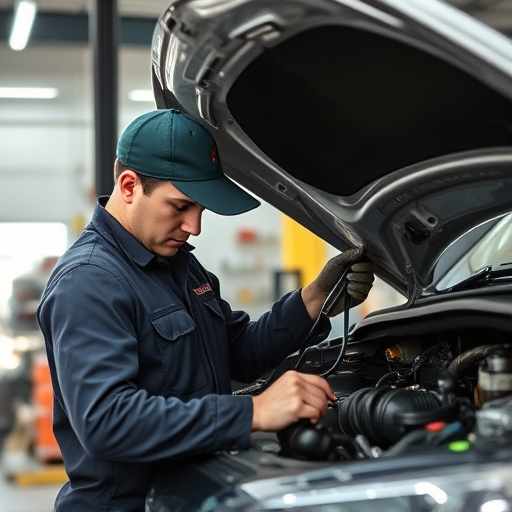
DIY dent repair kits have gained significant popularity among car owners looking to fix minor dents and dings on their vehicles. These kits typically include a variety of tools such as clamps, suction cups, and filler materials designed to pull out dents and restore the vehicle’s original appearance. The process involves careful alignment of the dented panel, using heat or special chemical solutions to soften the damaged area, and then applying pressure with the tools to smooth out the depression. Many kits also come with detailed step-by-step instructions, making them accessible for even those without professional training in dent repair techniques.
Compared to taking your vehicle to a collision center or utilizing frame straightening services from vehicle repair shops, DIY dent repair offers several advantages. It’s often more cost-effective, saving you the expense of labor charges associated with professional services. Moreover, it allows you to complete the repairs at your convenience and according to your schedule, without having to drop off and pick up your vehicle. However, while DIY kits can handle minor dents, they might not be suitable for deeper or complex damage, where professional expertise and specialized equipment like frame straightening tools would be more appropriate.
– Comparison of professional dent repair equipment to DIY sets
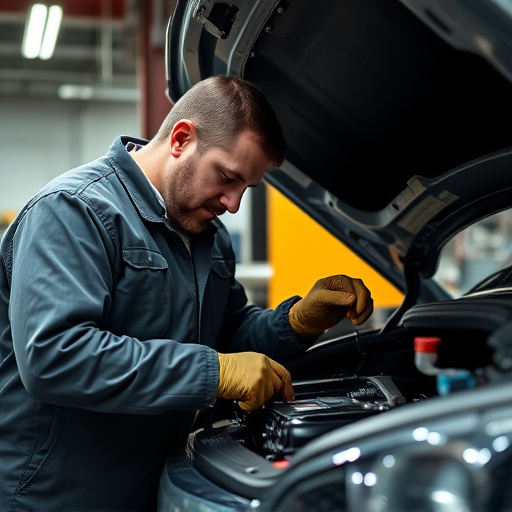
When comparing DIY dent repair kits to professional techniques, one significant difference lies in the equipment used. Professional dent repair technicians have access to advanced tools designed specifically for precise and efficient damage restoration. These include specialized air compressors, impact guns, and precision-cut tools that can swiftly and accurately remove dents without causing further harm to the vehicle’s surface. In contrast, DIY kits often come with basic tools like hammers, suction cups, and putty knives, which, while adequate for minor repairs, lack the sophistication needed for complex dent removal.
Professional auto body repair services also benefit from years of training and experience, enabling them to assess and address a wider range of dent repair scenarios. They can handle different vehicle types, sizes, and damage levels with specialized knowledge and techniques, such as PDR (Paintless Dent Repair) methods that preserve the original factory finish. In comparison, DIY sets are typically more limited in their application, better suited for small, shallow dents on smoother surfaces, and may not offer the same level of versatility or aesthetic outcome as professional auto repair services, including tire services when necessary.
When deciding between DIY dent repair and professional techniques, understanding the tools and equipment available is key. While DIY kits offer accessibility and cost-effectiveness, professional dent repair equipment provides superior precision and efficiency. For minor dents, a DIY approach might be suitable, but for complex or deep damage, enlisting the help of a trained professional ensures optimal results without risking further damage. Ultimately, choosing the right dent repair technique depends on the extent of the damage and your level of comfort with the process.
